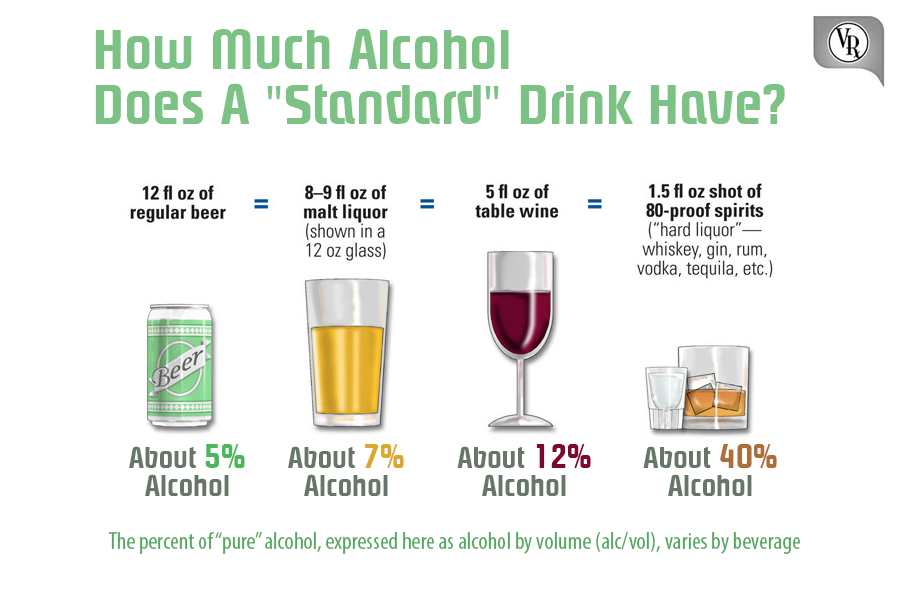Read beyond the headlines: What effect does alcohol really have on your health and lifespan?
By The True Health Initiative
A recent study in The Lancet [August 23, 2018] examining alcohol use and its connection to alcohol-attributable deaths and disability-adjusted life-years caused a splash when it declared that “the risk of all-cause mortality, and of cancers specifically, rises with increasing levels of consumption, and the level of consumption that minimizes health
 loss is zero.” For the study, researchers analyzed 694 data sources, as well as 592 studies (prospective and retrospective).
loss is zero.” For the study, researchers analyzed 694 data sources, as well as 592 studies (prospective and retrospective).
“The study concluded that alcohol consumption is a leading disease risk factor worldwide and its health burden is larger than previously measured. [The] study also found no benefit and no safe level of alcohol consumption. Authors recommend countries to adopt stronger than existing alcohol control policies to diminish this burden,” explains True Health Initiative (THI) council member Eduardo Simoes, MD, MSC, DLSHTM, MPH, chair of the Department of Health Management and Informatics at the University of Missouri-Columbia School of Medicine.
Simoes points out that “unanticipated disagreement may stem from researchers that consider DALYs [disability-adjusted life-years] and Attributable Deaths, measures used in the study, as technically flawed and grossly inappropriate for prioritization and resource allocation in health. Therefore, they will conclude that study claims of no benefit from moderate alcohol consumption are wrong and policy-making about alcohol use based on this study should be rejected.”
“The study, a combined analysis of individual data from three large, international prospective cohort studies, suggests that alcohol at any level of consumption is associated with increased mortality,” explains THI council member Jocelyn Weiss, PhD, MPH, who is the Education and Training Coordinator at Duke Integrative Medicine. “In addition, the potential protective effects of alcohol consumption on cardiovascular disease risk appear to be outweighed by its association with increased risks of other causes such as tuberculosis, road injuries, and self-harm (ages 15-49 years) and cancers (ages 50 years and up).”
A Look at the Media Coverage
Media coverage included headlines such as “Alcohol is a global killer, study finds” (NBC News), “No healthy level of alcohol consumption, says major study” (The Guardian), and “Safest level of alcohol consumption is none, worldwide study shows” (The Washington Post).
“The headlines are generally true, but with some caveats – they highlight the risks of mortality greater than 100g/wk,” explains Weiss. She points out that in the data presented in the study, “the association between light to moderate consumption (>25 and <=100 g/week) and all-cause mortality is negligible and primarily non-significant when compared to consumption of >0 and <=25 g/week.”
Ultimately, “people who have been light to moderate drinkers throughout their lives are likely to have other lifestyle factors that support their health and well-being,” she says.
For Simoes, “the three large press outlets by and large cover the article very well and with a good degree of accuracy — perhaps, led by the excellent press release prepared by authors.”
“However,” he noted, “they failed to critically review the findings, including the use of experts, to provide their technical and critical opinion about this article. The articles should at least critically review two issues — first, the long-standing belief based on scientific evidence that moderate alcohol consumption improves health.”
Second, he says, “the meaning of excess deaths estimated in the study actually means it is a very low risk of 0.5% compared to no drinking and equivalent to adding 4 more deaths with just one drink a day for every 100,000 persons,” referring to Skeptical Science’s math when it comes to the supposed zero benefit and no safe levels of alcohol consumption.

How YOU Should Apply the Findings to Your Life
“Though alcohol consumption has consistently been associated with reduced risks of cardiovascular disease, the risks of other negative health outcomes may outweigh the benefits,” Weiss says. “In other words, alcohol should not be looked upon as a panacea for disease prevention. That said, low to moderate alcohol consumption of <=100g per week (i.e. one drink per day or less), may fit into the context of an otherwise healthy lifestyle.”
For Simoes, “scientists will need to further research and replicate findings of this study for final recommendations. In the meantime, and after a critical review, I recommend the public to follow these guidelines: 1) if further research confirm this study findings of risk of disease due to alcohol consumption to be true but extremely low, but you still want to enjoy alcohol consumption, drink it moderately and infrequently; 2) if study findings cannot be subsidized and confirmed by other studies, consume alcohol infrequently and moderately (low dose) because it is not completely risk free if consumed at this level.”
Credit: The True Health Initiative.
This article is from the monthly newsletter “Health Between The Headlines” #22.
The True Health Initiative offers clarity over confusion; we work to spread the fundamental evidence and consensus-based truths about lifestyle as medicine. Decades of published research support six core principles of healthy living that most effectively add years to lives, and life to years. To subscribe to the monthly True Health Initiative Newsletter click here.





















